THQ remembered: the ten best games
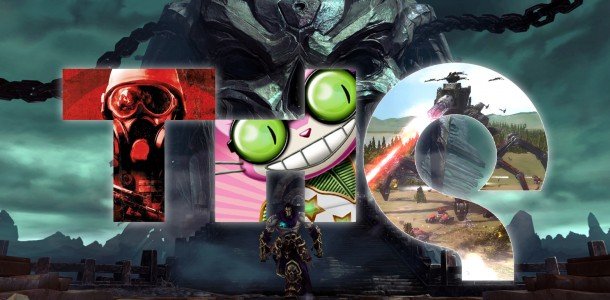
Farewell then, THQ. Yesterday saw the publisher's final assets sold off to a variety of buyers, and while many good people (and franchises) managed to find a new home, our thoughts and well-wishes are with those that didn't. As we're in a reflective mood, we thought it only appropriate to commemorate the loss of this fine company with a look back at ten of the best games it's delighted us with over the years.
Warhammer 40,000: Dawn of War (September 2004)
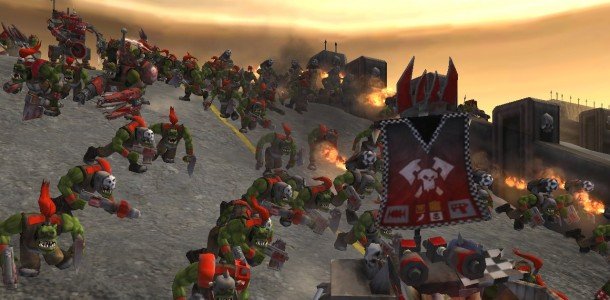
Tempting though it is to bang on about Relic Entertainment's wonderful sci-fi RTS Homeworld, it wasn't until 2004 that THQ took the Vancouver-based studio under its wing. Dawn of War represented the first fruits of that union, and it remains one of the most successful digital adaptations of the tabletop favourite, capturing the appeal of the series in a smart, refined package.
Full Spectrum Warrior (October 2004)
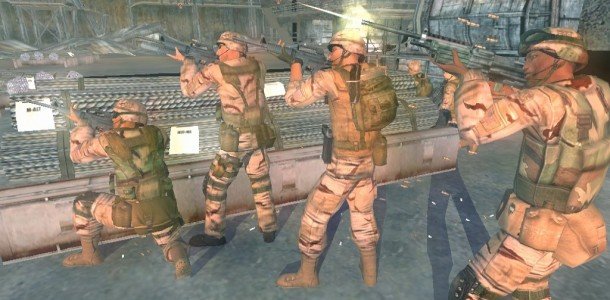
The most satisfying triumphs come from conquering the greatest adversity. Pandemic's squad-based military shooter was an incredibly demanding game in its day, its punishing authenticity a result of its origins as a US Army-affiliated training simulation. Persistently tense and claustrophobic, it may not have been the dictionary definition of 'fun', but it was a sweaty-palmed experience we'll never forget.
Titan Quest (June 2006)
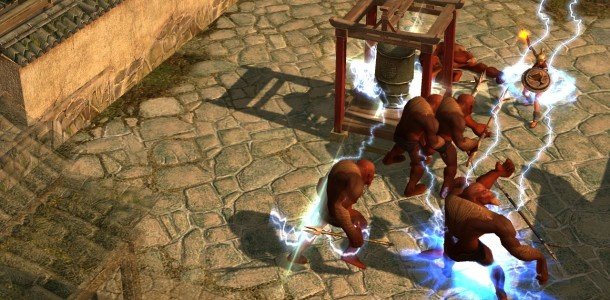
Time for a lesson in ancient history - well, 2006 does seem a fair while ago these days. THQ managed to temporarily sate appetites for a new Diablo by releasing this gloriously entertaining action-RPG that proves you don't need an awful lot more than an enormous world and hordes of colossal monsters to biff for a good time. Titan Quest may not have been anything particularly new, but there's an art to making hacking and slashing as fun as this.
Company of Heroes (September 2006)
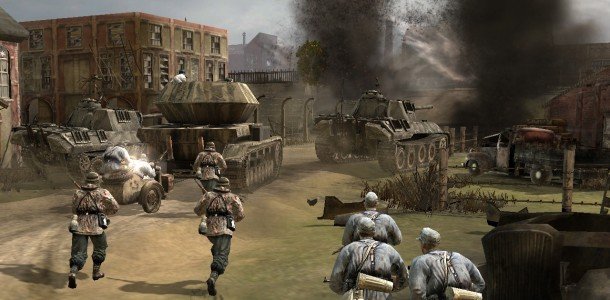
Just as the world and his dog was heartily sick of WWII settings, Relic's blistering RTS managed to make us all care again. 'Visceral' may be horribly overused in games criticism, but rarely has the word been applied more accurately than to CoH's shudderingly intense combat. Tough, gritty and oddly beautiful, it elevated its creator among the giants of the strategy genre.
Supreme Commander (February 2007)
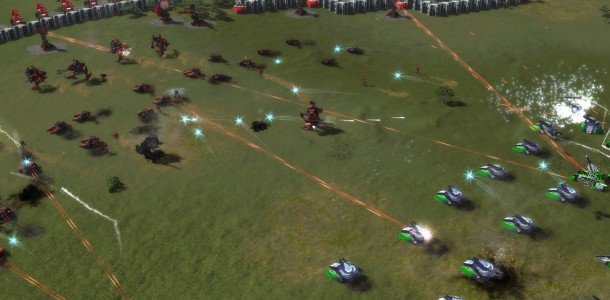
Chris Taylor and Gas Powered Games might be in the headlines for very different reasons at the moment, but back in 2007 this talented studio was making waves with a truly brilliant RTS. Supreme Commander was grand-scale warfare at its most exhaustive and exhausting – with some of the best AI in the business putting up a heck of a fight, every hard-earned victory was worthy of a triumphant air-punch.
S.T.A.L.K.E.R (March 2007)
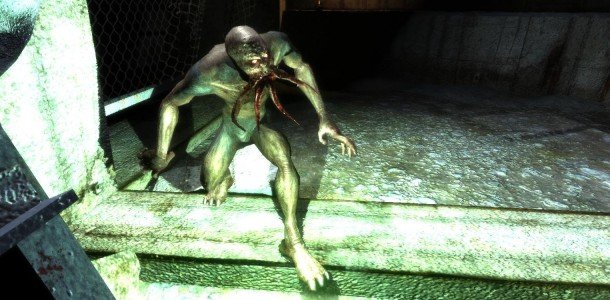
Frightening, surprising, intense and ambitious? Or scrappy, buggy, overwhelming and confusing? S.T.A.L.K.E.R was all of the above and more, a sandbox-survival horror-RPG-FPS-adventure that cast you as a scavenger around the ruins of Chernobyl. Everyone's experience was different: ours involved a lot of nervy creeping around in the dark, punctuated by terrified shrieks whenever a mutant spotted us. And we loved (almost) every minute of it.
Keep up to date with the most important stories and the best deals, as picked by the PC Gamer team.
Red Faction: Guerrilla (September 2009)
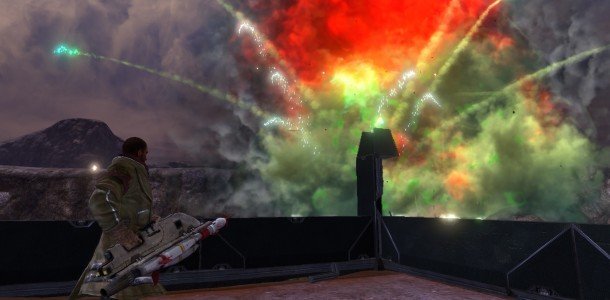
God bless Geo-Mod 2.0. It's rare we're minded to salute a physics engine, but the unparalleled destruction it enabled is what made Volition's game such a giddy joy to play. After all, why just shoot an enemy when you can topple a multi-storey building onto him? Expertly paced, with a campaign that escalated into hysterical carnage, Guerrilla may have been unrefined at times but boy was it fun.
Metro 2033 (March 2010)
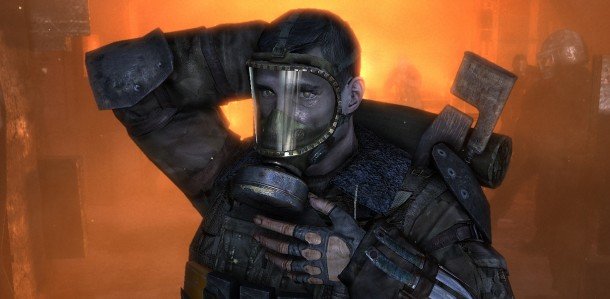
A rare thing: a great shooter with shooting that isn't that great. Metro's gunplay is lacking in feedback, but it's hard to care too much in a world this rich and enveloping. Every inch of 4A Games' subterranean nightmare is permeated with an atmosphere so thick you could slice it. This is the FPS as survival horror, and as appropriately brutal and hard-edged as that suggests.
Darksiders (September 2010)
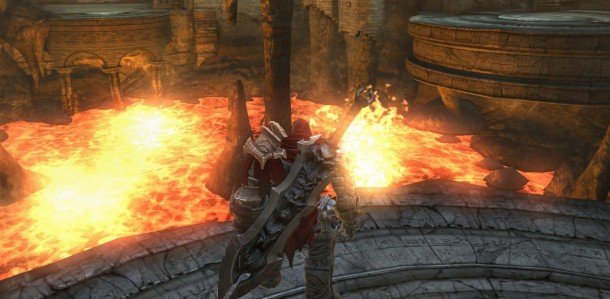
A tilt of the hat to its sequel, too, but we've got rather a soft spot for Vigil's original, even if 'original' is hardly a word you'd use to describe Darksiders' unholy blend of Zelda and God of War. If you're going to steal, though, then be sure to pinch from the best, and this post-apocalyptic tale did just that, marrying puzzly exploration with thrillingly weighty scraps, topped off nicely by some fine Joe Mad artwork.
Saints Row: The Third (November 2011)
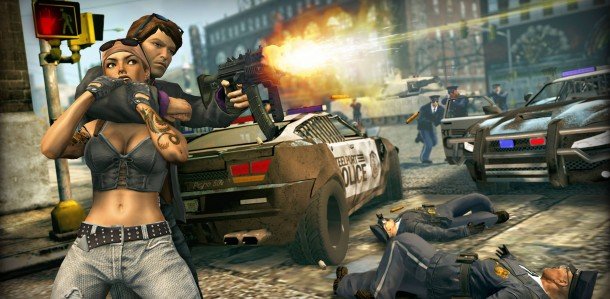
What started out as a poor man's GTA began to find its own identity in the follow-up, but it wasn't until the third game that Saints Row realised its true potential. It was a monument to excess, a crude, coarse, tawdry descent into debauchery that was almost operatic in its tastelessness. Some remained immune to its charms (if that's the right word) but there was genuine sophistication behind the silliness. Dumb, then, but artfully so.
THQ
1989-2013
RIP

